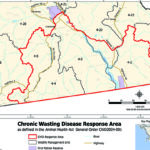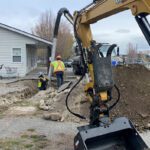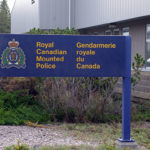Home »

Realtors adapt open house practices to protect consumers
The British Columbia Real Estate Association (BCREA), the Real Estate Council of British Columbia, and the Office of the Superintendent of Real Estate, with support from WorkSafeBC, have developed guidance to support B.C.’s realtors in adapting traditional open house practices to keep consumers safe.
While B.C. has entered Phase 3 of its Restart Plan, it will be anything but business as usual for realtors and consumers when it comes to resuming open houses, the BCREA noted in a recent media release.
“Realtors will continue taking every opportunity to use technology to reduce in-person contact, for example, through virtual showings and executing documents remotely,” said Darlene Hyde, BCREA Chief Executive Officer. “When it comes to resuming open houses, this guidance will support realtors in adapting their practices to help ensure the safety of their clients and the broader public.”
The guidance is not about a return to normal but adapting to a new normal. Recommendations include limiting open house attendees to serious buyers by leveraging technology tools and screening for qualifying consumers; encouraging pre-registration and/or scheduling attendance; having assistance to ensure physical distancing measures are followed inside and outside the home; and other considerations for multi-tenanted properties.
Consumers attending an open house should also be prepared to adhere to safety protocols. The guidance recommends that all open house attendees, including realtors, wear a mask and minimize physical contact with the home. Recommendations also include limiting the number of individuals allowed in the home at one time and encouraging consumers to wait in their car or line up outside while maintaining physical distancing from other waiting consumers.
“As we cautiously move ahead with Phase 3 of B.C.’s Restart Plan, realtors look forward to working with consumers to keep B.C. communities safe,” added Hyde.
e-KNOW







